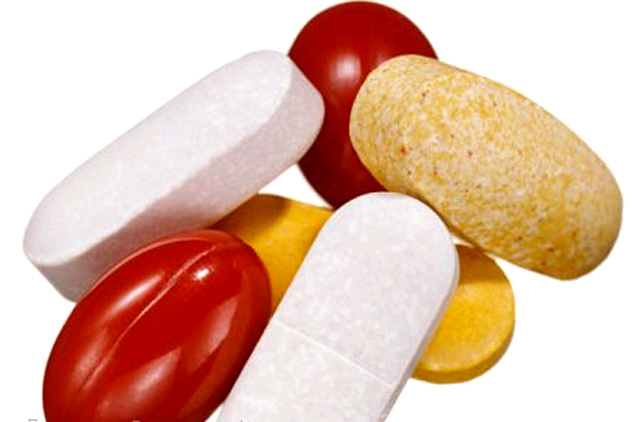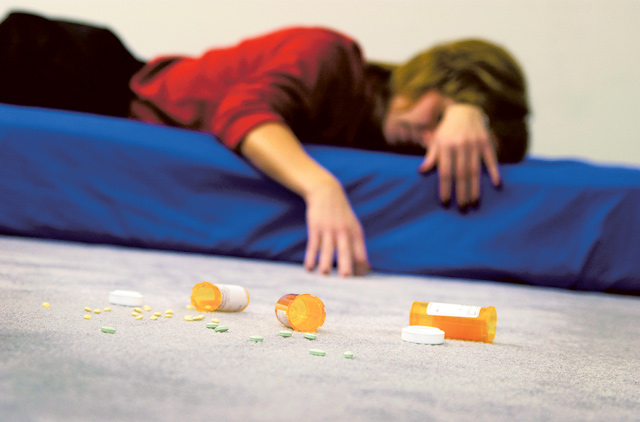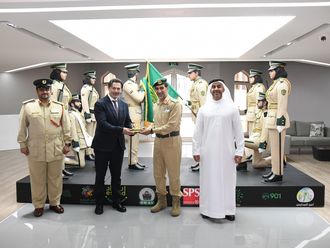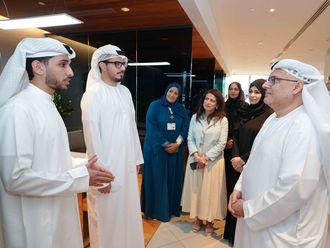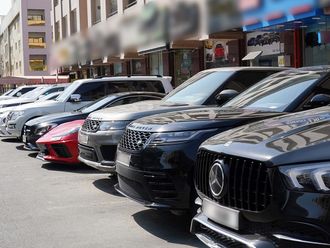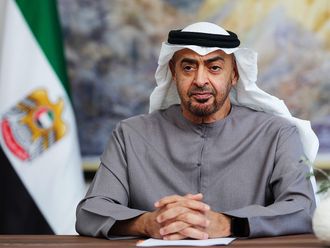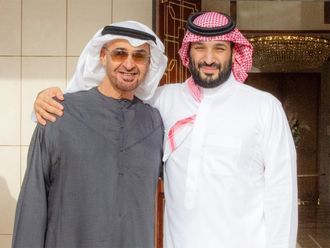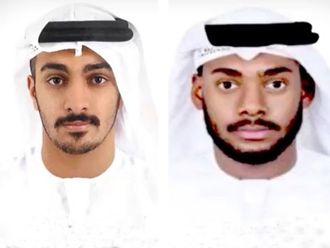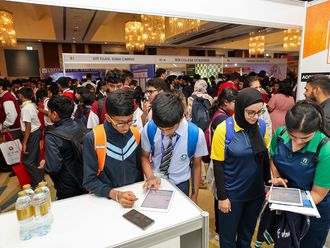Dubai: Narcotic pills were the most commonly consumed and trafficked drugs in Dubai last year given the fact that they are easily available, easy to conceal and relatively simple to consume.
Add to this the statistic that the majority of drug addicts in the UAE are between the ages of 18 to 25 and law enforcement officials have a problem on their hands.
Dubai Police, however, is focussing on reform rather than punishment. Lieutenant Colonel Dr Juma Sultan Al Shamsi, Head of the Department of Drug Awareness and Prevention at the General Department of Anti-Narcotics at Dubai Police, said: “The law does not punish drug users and addicts if they seek help. The law is the same for Emiratis and expatriates.”
According to Dubai Police statistics, more than 44.9 million pills weighing around 3,046.4kg were seized last year. Hashish was a distant second with 339.7kg of the drug seized. The weight of all drugs seized in Dubai last year was 3,539kg.
Lt Col Al Shamsi said narcotic pills are easier to access than other drugs because they are meant for medication, but are abused. In medicine, narcotic drugs are used to treat pain, anxiety, aggression and even diarrhoea. However, they are highly addictive and what starts out as prescribed medication can turn into prescription pill abuse.
Anti-Narcotics Department statistics showed that in 2013 there were 672 cases involving narcotics out of 916 drug cases registered in Dubai.
Lt Col Al Shamsi said the reasons for drug addiction are having friends who are a bad influence, lacking a strong moral compass, curiosity and the lack of parental control.
Drug addicts display changes in behaviour like the way they speak, have droopy eyes, strong mood swings, isolate themselves and frequently ask for money.
Lt Col Al Shamsi urged residents not to hide or cover up the matter if they suspect someone close to them is an addict or is using any form of drugs, but instead approach the anti-narcotics department.
By doing this you are helping that person because if he is caught using or carrying drugs he would face serious charges.
The Anti-Narcotics Department helps addicts, who are chemically dependent on the drug, by sending them to rehabilitation facilities in the UAE. There are weekly follow-ups conducted even when they are released so that they do not relapse.
Lt Col Al Shamsi said the department periodically tests people who are addicted psychologically, but are not chemically dependent on drugs, to push them to stay clean.
There are three government centres that help drug addicts: Al Amal Hospital in Dubai, National Rehabilitation Centre in Abu Dhabi and the Private Rehabilitation Centre in Sharjah. There are also numerous private centres, but government centres tend to provide better care.
A drug addict that is trying to recover, Lt Col Al Shamsi said, needs to be isolated from society for some time, until the drug withdrawal symptoms are gone. He added that it is crucial for a recovering addict to get away from his old group of friends and not go to the places he used to use drugs at, because those places will hold memories of his old life and could lead to a relapse.


